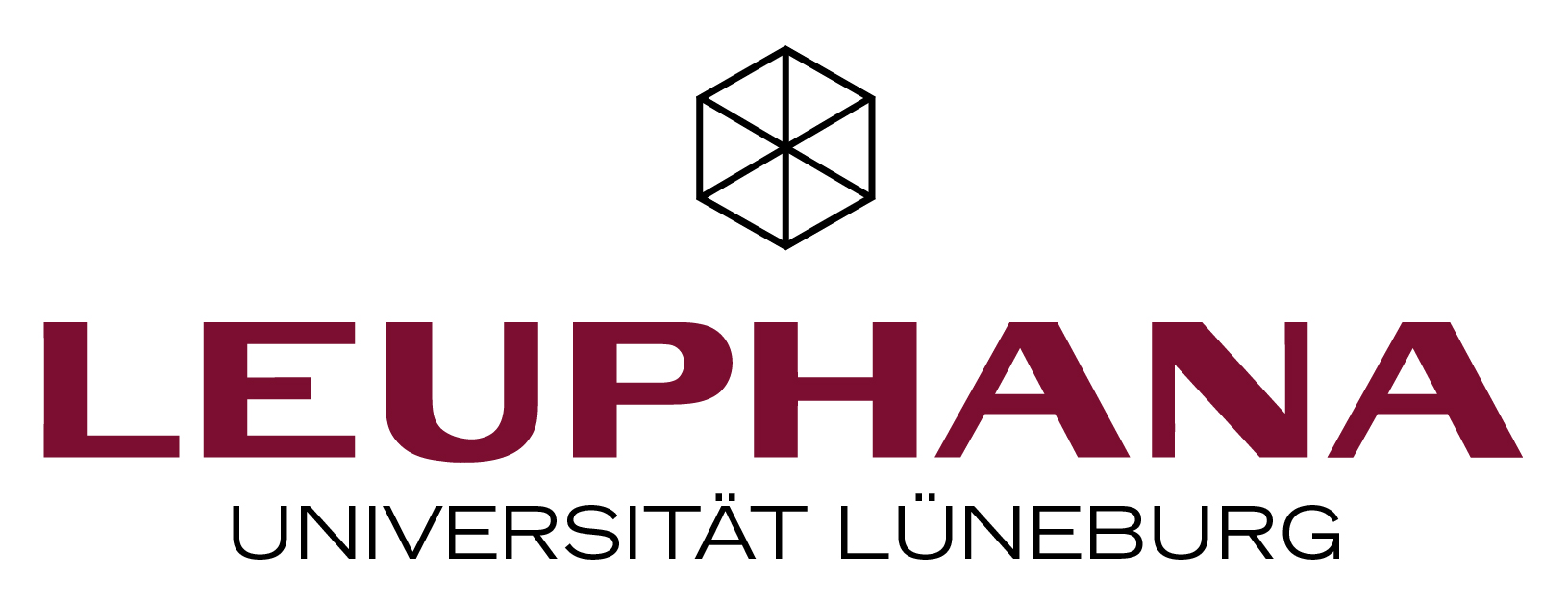Please use this identifier to cite or link to this item:
https://doi.org/10.48548/pubdata-859
| Resource type | Master Thesis |
| Title(s) | Closing Loops in the Circular Economy - A Make or Buy Analysis for the Smartphone Industry |
| DOI | 10.48548/pubdata-859 |
| Handle | 20.500.14123/898 |
| Creator | Revellio, Ferdinand Paul  0000-0002-1429-8325 0000-0002-1429-8325 |
| Referee | Hansen, Erik G.  0000-0002-6129-5493 0000-0002-6129-5493Weisenfeld, Ursula  0000-0001-5946-836X 0000-0001-5946-836X  112680577 112680577 |
| Abstract | Smartphones make intensive use of precious metals and so called conflict minerals in order to reach their high performance in a compact size. In recent times, sustainability challenges related to production, use and disposal of smartphones are increasingly a topic of public debate. Thus, established industry actors and newly emerging firms are driven to engage in more sustainable practices, such as sustainable sourcing of materials, maintenance services or take-back schemes for discarded mobile phones. Many of these latter efforts can be related to the concept of a circular economy (CE). This thesis explores how CE-related value creation architectures (VCAs) in the smartphone industry contribute to slowing and closing resource loops in a CE. In order to analyze these new industry arrangements, transaction cost theory (TCT) is used as a guiding theory for a make-or-buy analysis. Combining TCT with the concept of a CE is a novel research approach that enables the empirical analysis of relationships between focal actors (e.g. manufacturers) and newly emerging loop operators (e.g. recycling firms) in the smartphone industry. Case studies of such VCAs are conducted with case companies drawn from the Innovation Network on Sustainable Smartphones (INaS) at Leuphana Universtity of Lüneburg and analyzed regarding their involved actors, partnerships, circular activities, motivation and perceived barriers. Evidence from the conducted case studies suggests that asset specificity for circular practices increases for higher order CE-loops such as maintenance or reuse, therefore long-term partnerships between focal actors and loop operators or vertical integration of CE practices are beneficial strategies to reach a sophisticated CE. Similarly, circular practices that go beyond recycling require a strong motivation, either through integration in the focal firm´s quality commitment or through business model recognition. It is further suggested that the circular design of products and services could reduce necessary transaction costs and thus overall costs of a circular economy. Four different integration strategies for circular economy practices have been derived from the conducted case studies. These are: 1) vertically integrated loops, 2) cooperative loop-networks, 3) outsourcing to loop operators and 4) independent loop operators. This work thus provides evidence that circular economy activities do not necessarily have to be managed by focal actors in the value chain. Rather, circular practices can also be put forward by specialized loop operators or even independent actors such as repair shops. |
| Language | English |
| Keywords | Circular Economy; Transaction Cost; Sustainability; Smartphone; Smartphone; Kreislaufwirtschaft; Nachhaltigkeit; Transaktionskosten |
| Year of publication in PubData | 2017 |
| Publishing type | First publication |
| Date issued | 2017-06-22 |
| Creation context | Study |
| Granting Institution | Leuphana Universität Lüneburg |
| Published by | Medien- und Informationszentrum, Leuphana Universität Lüneburg |
Files in This Item:
| File | Size | Format | |
|---|---|---|---|
Revellio_2017_Thesis_Circular_Economy.pdf License: Nutzung nach Urheberrecht open-access | 3.19 MB | Adobe PDF | View/Open |
Items in PubData are protected by copyright, with all rights reserved, unless otherwise indicated.
Views
Item Export Bar
Access statistics
Page view(s): 106
Download(s): 78

 BibTeX
BibTeX
 RIS
RIS
 Datacite XML
Datacite XML
 OpenAIRE4
OpenAIRE4